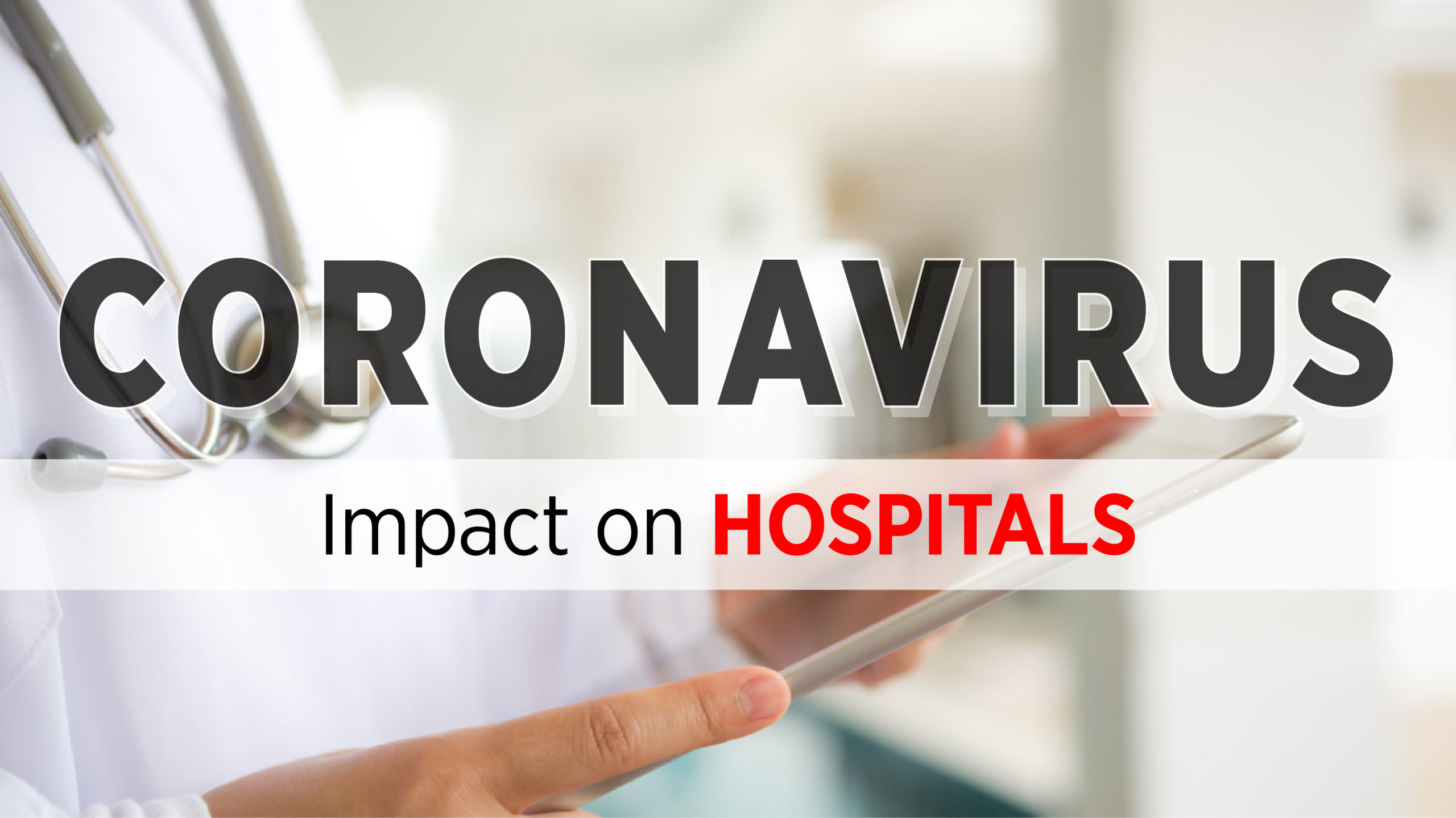Mercy, Steward Take Steps to Mitigate COVID-19 Surge
YOUNGSTOWN, Ohio — As the Ohio Department of Health warns Ohioans of a surge in COVID-19 diagnoses in the coming weeks, area hospitals are taking steps to accommodate an increase in patients.
On Wednesday, Mercy Health-Youngstown announced it is working to “redeploy or temporarily furlough associates who are unable to work due to temporary closure, cancellation and low census in primary care, outpatient and surgical services,” according to a statement.
The announcement effects support services associates not directly working on COVID-19 activities. Mercy is also suspending hiring for any positions not directly impacting its response to COVID-19, the disease spread by the coronavirus.
“These decisions will help our ministry preserve life and provide vital health care services to the increasing number of patients that require care; be good stewards of our resources and provide adequate support to our care givers as they care for our communities; and be thoughtful about caring for those associates whose roles are vitally important to our ministry but are not directly supporting patient care during this time of crisis,” according to the release.
The temporary furlough is expected to last 30 to 90 days, the company says. Affected employees will be paid for working through April 3, after which their paid-time-off hours will take effect until they are depleted. Furloughed workers can also apply for unemployment benefits.
A $60 million donation from the Bon Secours Mercy Health Foundation to the Bon Secours Mercy Health Associate Emergency Fund will help employees with financial challenges.
In March, Mercy announced it was hiring for some 500 positions regionally, including patient care associates and workers in food and environmental services. The company has since seen an uptick in employment applications, says Arisha Williams, talent acquisition supervisor, but she couldn’t say how many employees, if any, had been redeployed to these areas.
Other preparations involve personal protective equipment, or PPE, which has been in short supply across the country. Both Mercy and Steward Health Care have said they regularly monitor their current inventories of PPE and have been planning on how to strategically deploy it within their systems since COVID-19 was first identified in the U.S.
On Tuesday, the Ohio Department of Health released details on its allocation of the Strategic National Stockpile, which will be distributed to health care providers and first responders. The state received 107,670 gowns, 552 coveralls, 493,575 gloves, 131,808 face shields, 672,100 surgical masks and 271,450 N95 respirators.
“The supplies we received, and the state’s reserve will not meet the immediate or future needs of Ohio’s health-care providers and first responders,” said ODH director Dr. Amy Acton. “This shortage is why our message has been to conserve. Industries with PPE are encouraged to donate what they have to their local Emergency Management Agencies.”
Counties in the Mahoning Valley have reported receiving only small percentages of what they need. Last week, Mahoning County Emergency Management Agency Director Dennis O’Hara said the county received enough to supply just 5% of the area’s daily use.
In Columbiana County, local EMA director Peggy Clark said only 2% of what’s needed has arrived from the federal stockpile.
“We are running short. We’re probably in need of hundreds, if not thousands, of masks and gowns,” she told The Business Journal last week. “We have had contact from local residents, do-it-yourselfers and schools giving us supplies. Anything we’re getting in, we’re sending it right back out to whoever needs it. First responders have what they need right now, we’re just trying to make sure our long-term care facilities get what they need.”
In a company statement, Mercy says it is committed “to the appropriate and responsible use of supplies and equipment,” including COVID-19 tests, PPE, ventilators and other resources. It is currently sourcing more inventory from around the globe and following usage guidelines set by the Centers for Disease Control and Prevention.
“Mercy Health has plans in place to enhance capacity and we are working collaboratively with other health care and government agencies through this unprecedented event,” the company stated.
Steward had launched “a substantial program to acquire and stockpile” PPE and other equipment necessary to treat COVID-19 patients, according to a company statement.
“Many of those resources have been strategically distributed to hospitals already, as needed,” the company said. “A significant amount of our resources remains centralized, ready to be deployed or redeployed across our different regions if and when they are needed.”
On March 26, Steward announced it was implementing telehealth visits including the use of Microsoft Teams and FaceTime appointments with its providers, “to expand access to care in response to COVID-19 and give patients peace of mind that they can receive the medical care they need without having to go to the doctor’s office,” according to a release.
Telehealth appointments are available for Family Medicine and Internal Medicine, as well as a broad range of specialized care including Cardiology, Orthopedics, and Women’s Health, according to the company.
“Given the COVID-19 pandemic, Steward Medical Group is giving our patients an alternative to coming to the doctor’s office to receive their care,” said Dr. Michael Callum, president of Steward Medical Group. “We are health care providers who are used to being innovative in our delivery of high-quality care. Telehealth visits will provide our patients the care they need and want, as well as mitigate the spread of COVID-19 virus by letting patients see our doctors from the comfort and security of their own home.”
Copyright 2024 The Business Journal, Youngstown, Ohio.



